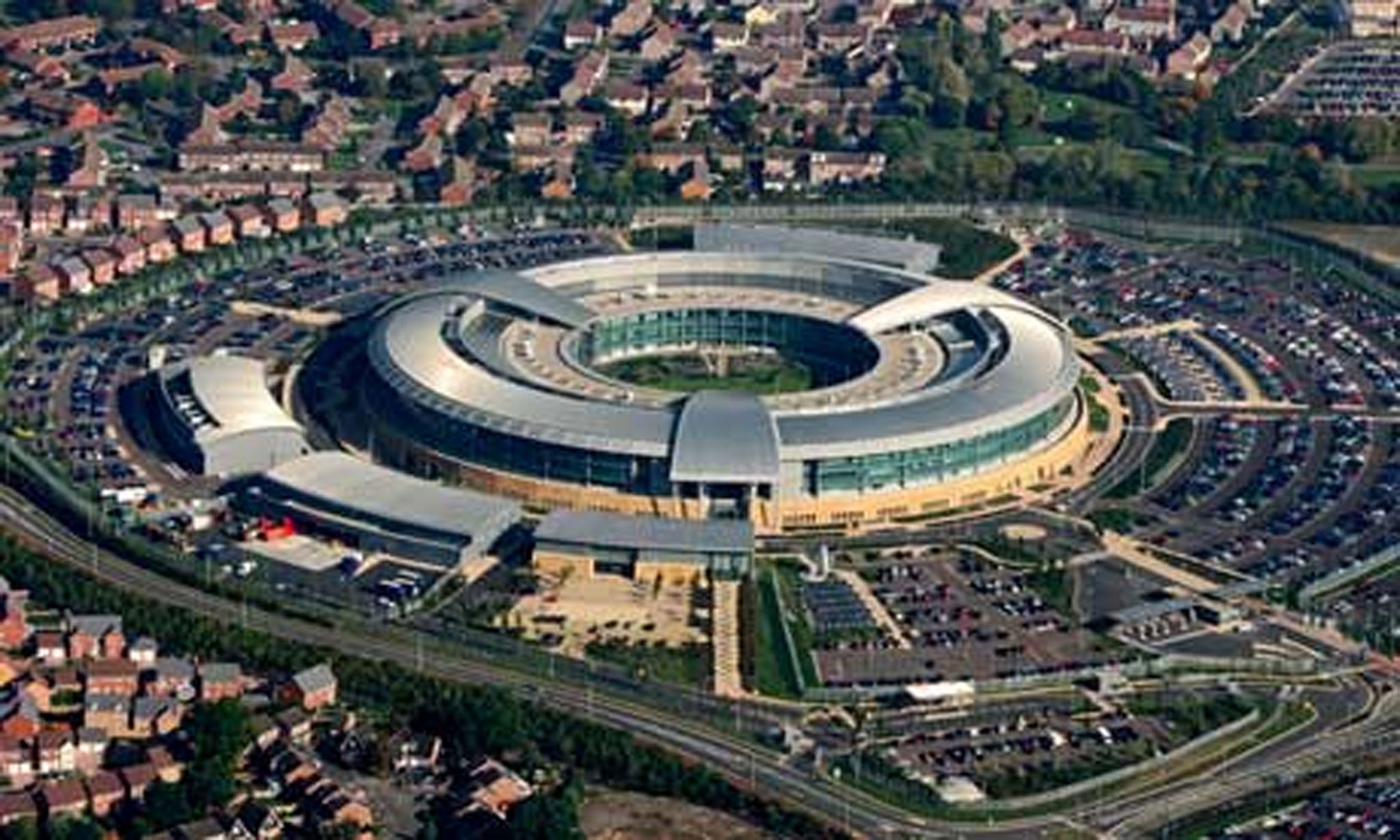Operation Tempora: GCHQ in fresh snooping row as it eavesdrops on phones and the internet
Data includes recordings of telephone calls, contents of emails, details of messages on social media and the history of internet use

Your support helps us to tell the story
From reproductive rights to climate change to Big Tech, The Independent is on the ground when the story is developing. Whether it's investigating the financials of Elon Musk's pro-Trump PAC or producing our latest documentary, 'The A Word', which shines a light on the American women fighting for reproductive rights, we know how important it is to parse out the facts from the messaging.
At such a critical moment in US history, we need reporters on the ground. Your donation allows us to keep sending journalists to speak to both sides of the story.
The Independent is trusted by Americans across the entire political spectrum. And unlike many other quality news outlets, we choose not to lock Americans out of our reporting and analysis with paywalls. We believe quality journalism should be available to everyone, paid for by those who can afford it.
Your support makes all the difference.Britain’s electronic eavesdropping centre, GCHQ, has started collecting data from the network of fibre-optic cables carrying the world’s telephone calls and internet traffic, it was reported tonight.
The massive programme of surveillance allows the agency to store vast volumes of information for up to 30 days which it can then study for evidence of terrorist and criminal activity.
The claims, in The Guardian, will provoke a fresh civil liberties storm following recent allegations that thousands of Britons could have been spied on by GCHQ through a covert link with the US National Security Agency (NSA).
According to the paper, the agency has been running Operation Tempora for 18 months under which it gains access to transatlantic cables carrying data about phone calls and internet use. It is said to share information gleaned from it with the NSA.
The data includes recordings of telephone calls, contents of emails, details of messages on social media and the history of internet use.
Documents seen by the paper suggest that by last year GCHQ was handling 600m “telephone events” each day, had tapped more than 200 fibre-optic cables and was able to process data from at least 46 at a time.
A source told The Guardian that the eavesdropping allowed the security services to arrest three people planning attacks on last year’s London Olympics, as well as terrorist cells in the Midlands and Luton. It has also been used against child exploitation networks and to boost cyberdefence.
A GCHQ spokesman said: “It is longstanding practice that we do not comment on intelligence matters.”
He added: “GCHQ takes its obligations under the law very seriously. Our work is carried out in accordance with a strict legal and policy framework which ensures that our activities are authorised, necessary and proportionate, and that there is rigorous oversight, including from the Secretary of State, the Interception and Intelligence Services Commissioners and the Intelligence and Security Committee.”
* Edward Snowden has been charged in his absence by US prosecutors with spying and theft of government property. The charges are included in sealed documents filed by prosecutors.
Join our commenting forum
Join thought-provoking conversations, follow other Independent readers and see their replies
Comments